 The following piece is part of our ‘Women Around the World Inspiring Change’ blog series that will run until Mother’s Day 2014. We started with a women’s group in Nogales, Mexico Hogar de Esperanza y Paz/Home of Hope and Peace (HEPAC).
The following piece is part of our ‘Women Around the World Inspiring Change’ blog series that will run until Mother’s Day 2014. We started with a women’s group in Nogales, Mexico Hogar de Esperanza y Paz/Home of Hope and Peace (HEPAC).
Our next post, titled, Women’s Equality and Food Sovereignty: Solutions Found in Chiapas, Mexico, featured Global Exchange’s 2014 International Human Rights Award honoree, María Estela Barco Huerta, an incredible leader of DESMI (Desarrollo Económico Social de los Mexicanos Indígenas), based in Chiapas, Mexico.
This third post highlights a partnership between the Fair Trade company, Equal Exchange, and women in the 10 primary societies of Gumutindo Coffee Co-op in Uganda.
THE MOTHER’S DAY GIFT BOX HAS SOLD OUT – THANK YOU!!
 This Mother’s Day, Global Exchange has teamed up with Equal Exchange with a great box of gifts to show your mom, or any mom, some Fair Trade love. By setting her up with at Global Exchange gift of membership for a year, we’ll also send out:
This Mother’s Day, Global Exchange has teamed up with Equal Exchange with a great box of gifts to show your mom, or any mom, some Fair Trade love. By setting her up with at Global Exchange gift of membership for a year, we’ll also send out:
- a Putumayo “Women of the World” music CD;
- a dark chocolate with caramel crunch and sea salt bar from Equal Exchange (3.5 oz);
- a stylish, handmade tagua seed necklace from a women’s Fair Trade cooperative in Colombia; and
- a tin of Proud Mama Coffee from Equal Exchange (14 oz.)
And this tin of Proud Mama coffee has a story …
When Beth Ann Caspersen from Equal Exchange explains it, she genuinely sounds like she didn’t know what she was getting in to when she returned from her first trip to Uganda in 2010. Working with Equal Exchange, which supports small farmers around the world by participating in the Fair Trade system, she traveled to Mount Elgon to meet with growers who cultivate for various blends of Equal Exchange coffee, including Proud Mama.
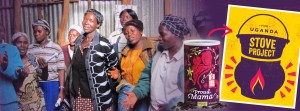
When she returned to the United States, she began to brainstorm about how Equal Exchange could deepen the impact of Fair Trade and support a project that would draw on the existing structures the women were working with, and would be meaningful to family life and sustainable for the community in the long run.
She reflected that while spending time with the women, she noticed:
“[T]hat as the primary caretakers in these villages, the women spend a lot time in the kitchen. As is the tradition in Uganda, the kitchen is an enclosed space that usually lacks light or ventilation. Picture a small fire in the corner of a room that is filled with smoke. It is a difficult place to prepare food for the family; the smoke burns your eyes, fills your lungs and makes it a very unattractive place to work, let alone spend time with your family. Each fire can accommodate only one pot, sometimes two, but to manage both and keep the meal moving is difficult and time consuming.”
 And so began The Stove Project. Starting quickly with the small sum of $4,000 and working with the community and advisors, a small, but focused, project got off the ground to immediately improve health and provide skills training for leaders of the women’s groups, by building energy-efficient stoves in 50 homes in two different communities.
And so began The Stove Project. Starting quickly with the small sum of $4,000 and working with the community and advisors, a small, but focused, project got off the ground to immediately improve health and provide skills training for leaders of the women’s groups, by building energy-efficient stoves in 50 homes in two different communities.
The Stove Project is not just simple one-way charity. In line with Fair Trade principles, the new stoves are more than just a tool for the kitchen. Already, Beth Ann has seen three substantial impacts beyond the hopes of helping women in Mount Elgon.
- The new stoves have reduced the amount of firewood necessary to cook by 50 percent, meaning household savings have gone up, meaning more support for other needs.
- The new stoves are a time saver – multiple dishes can be cooked at the same time. For example, women have said that water for tea boils water faster, which means more time to enjoy a break.
- The new stoves provide a smoke-free and warmer environment that is safer for everyone. With the design addition of a metal pipe that filters the smoke out of the house family members spend more time together in the warm kitchens.
 TAKE ACTION
TAKE ACTION
- Give your mom a Mother’s Day gift and support the Gumutindo Coffee Co-op in Uganda, and other Fair Trade artisans and farmers, and Global Exchange!
- Learn more about Equal Exchange’s stove project and participate in the Mother’s Day action. You could win a $500 spending spree on Equal Exchange products!
- Travel to Uganda and learn more about Uganda’s history and peoples.

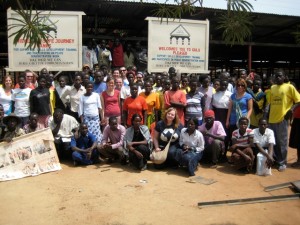

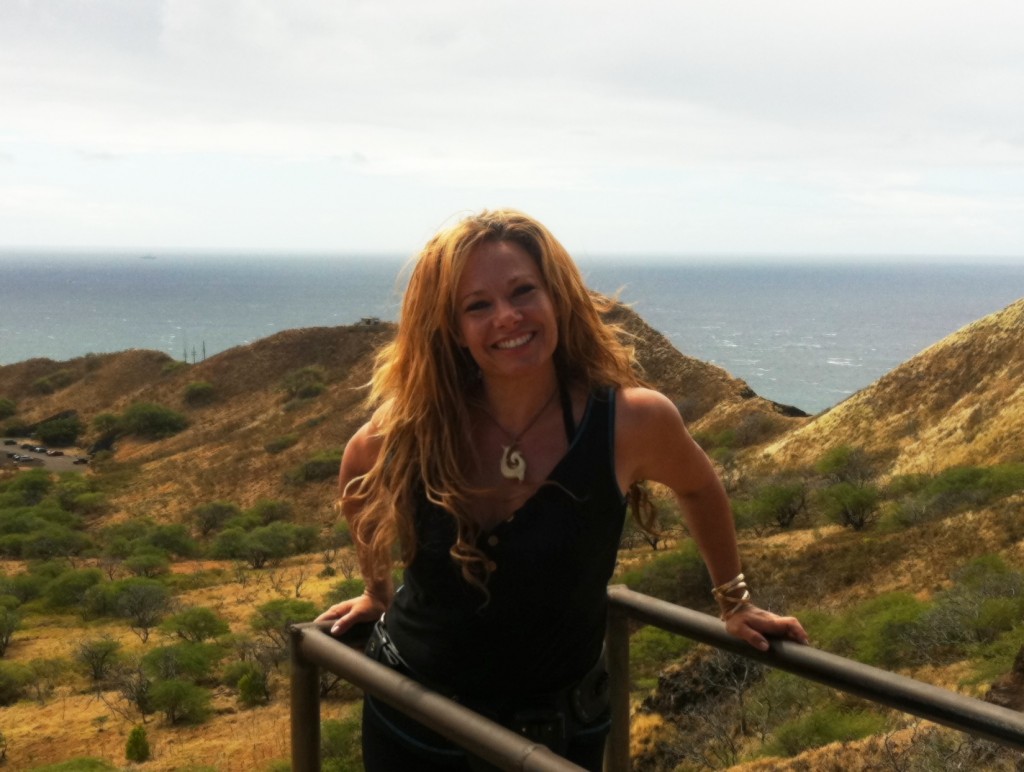
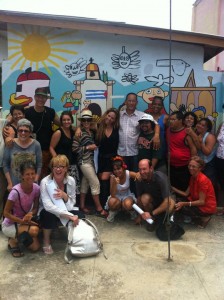
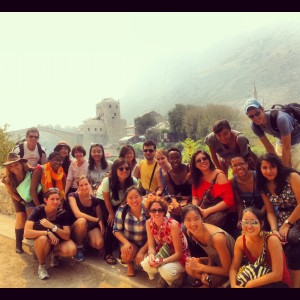
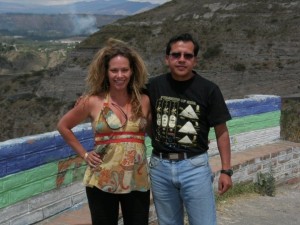
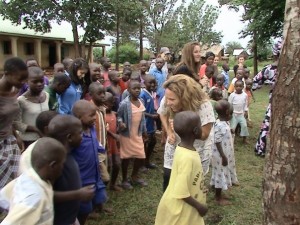
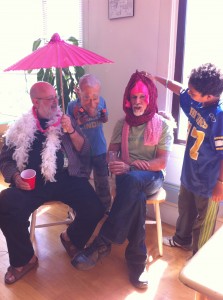
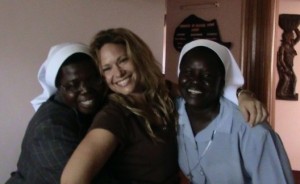
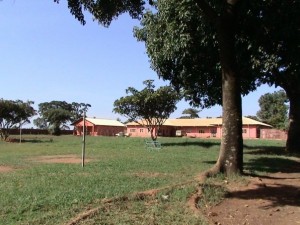
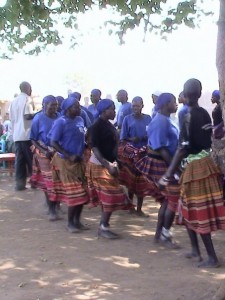
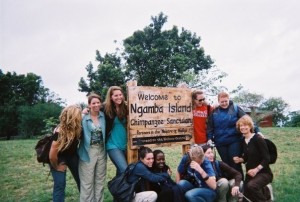
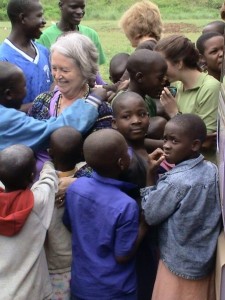
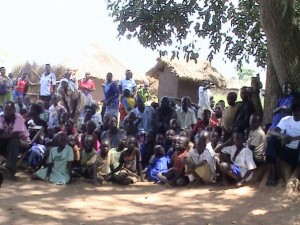
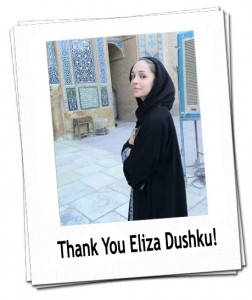 This is the final post in an 8-Part “
This is the final post in an 8-Part “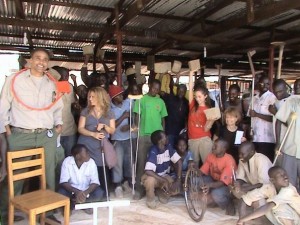
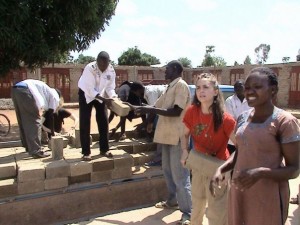 I met Eliza personally years ago on a
I met Eliza personally years ago on a 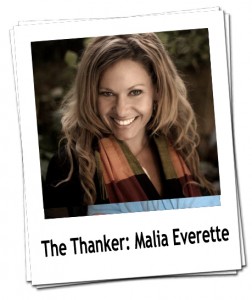 Eliza, thank you for sharing your experiences with us to your fans, for amplifying the voices of those you hear and for not just talking the words, but for walking the talk!
Eliza, thank you for sharing your experiences with us to your fans, for amplifying the voices of those you hear and for not just talking the words, but for walking the talk!